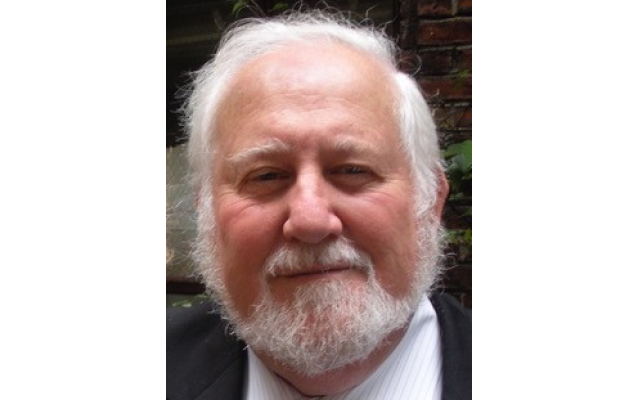What You Say About Others is Really About Yourself
Allen explains that what you say reflects who you are.
I never gave much thought to analyzing what other people said from the perspective of the person doing the talking. I thought that whatever they said applied to the person they were talking about, or about the situation, but not about the speaker doing the talking.
That changed significantly after I took a course many years ago called, “The Forum.” The Forum grew out of a program developed by Werner Erhard, and that program has now evolved into the Landmark program. The course I took over 30 years ago had about 150 participants, was taught by a trainer over two weekends, and was designed to change your life. It had an impact on me in one significant way. I never thought that what I said about other people was a reflection about me. I just thought I was talking about a situation and it was the truth as I saw it. It had nothing to do with me. It was about someone else, about a situation, about reality.
The Forum changed my opinion about my own speech. What I said was all about me, about what I thought, about my personality, about the way I saw reality, and it wasn’t necessarily the truth for others. And what other people said wasn’t just about the situation being discussed. It was also about the person doing the talking.
I began to listen more carefully to what people said about almost anything, because it reflected their personality, their view of life, and it explained more than anything who they were. When someone told me that he was angry that he was given a speeding ticket, in the past I might have focused on whether the speeding ticket was justified or not, whether the policeman was right. But after the course, I began to focus more on who the person was that was doing the talking. The language they used regardless of the situation was telling me who they were. It was tremendously insightful.
When someone tells me that a woman’s skirt is too short, I see that the person is speaking from their position of modesty, and not based on today’s fashion. It reflects the speaker’s point of view and not necessarily the point of view of other women, especially those women who are wearing short skirts.
If you say you like vanilla ice cream, that’s your point of view. If you dislike the president of the United States, that’s your point of view. If you liked the movie, the book, the food, the next door neighbor, the synagogue, or almost anything else, it is your perspective and reflects who you are.
When you hate another person, it speaks to who you are. When you dislike a community, a race of people, a fashion, or almost anything else, it is your perspective.
There is a difference between a fact and your interpretation of that fact. We should all agree on what happened, but how you interpret what happened is your point of view. Many other people can agree with you, but it doesn’t make it an absolute truth.
If you’re angry about the service in a restaurant and you are not going to do anything about it and just be upset about it, then you should ask yourself why you are angry. Is the anger justified? Perhaps it is your general lack of patience with everything in your life. You don’t have to be upset, and you can continue to enjoy the conversation until the food is ready. The point is that your reaction is up to you and it does say a lot about who you are.
Given that I am a very positive person, I often have to keep quiet when other people complain. If it’s raining, I sometimes think it’s good for our vegetable garden when others complain about it. When I get cut off by another car without letting me know they are veering into my lane without telling me, I might think that the driver is more in a hurry than I am for a good reason, rather than yelling at the driver’s stupid decision. When the doctor is late for my appointment, I might think that he had a more important patient to take care of than me. What you say is all about how you see the world.
There’s an old saying attributed to Eleanor Roosevelt, “Great minds discuss ideas; average minds discuss events; small minds discuss people.”
The bottom line: What you say is who you are.




comments